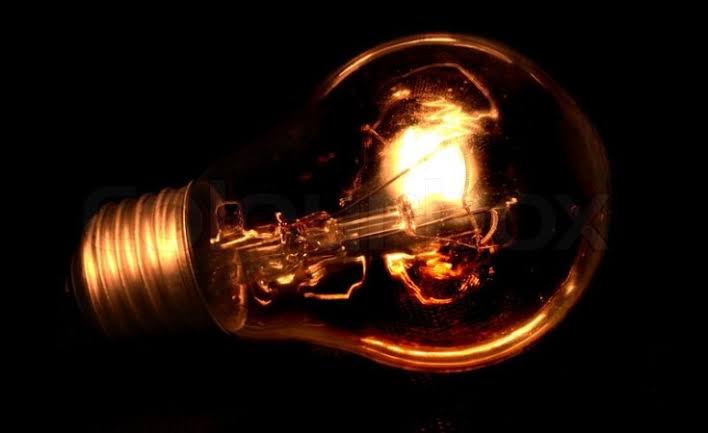-Nghinomenwa Erastus
LOCAL electricity production reached 260 000 megawatt per hour (MWh) for the second time in six years, thanks to the seasonal Ruacana hydropower generation increase for the month.
With the generation index recording a 9,8 point increase from 225,7 basis points in January to 235,5 basis points produced in February an increase of 123 basis points on an annual basis was realised.
This is revealed in the Electricity Sectoral Report by the Namibia Statistics Agency for February 2020.
During February 2020, Namibia produced 260 165 MWh, the highest electricity generation since April 2018 (260 294 MWh).
The 260 000 monthly generation level happened only twice since 2015. The last time the country came close to such a level of production in a month was in 2017 March with the production of 259,472 MWh.
The February increase is attributed to the Ruacana Hydropower Station which usually peaks at that period. The annual increase of 123,8 basis points (255,5-111,7) in generation was, however, mainly due to Momentous One Solar IPP and Ombepo Energy Wind IPP power stations which strengthened local production for 2019.
A total of 263 685 MWh was sold in the domestic economy during February 2020 compared to 293 012 MWh sold in January 2020.
Only 9 854 MWh was exported during the same period for 2019 compared to 9 741 MWh exported in January 2020 while for the period under review, Namibia imported 171 759 MWh mostly from South Africa.
The import sub-index fell to 72,1 basis points in February 2020 from 104,4 basis points recorded in February 2019, down by 32,3 basis points over the year.
“The decline of 32,3 basis points registered over the year on electricity imports was mainly reflected in the electricity imported from ZPC-Zimbabwe,” the report states.
According to the Electricity Control Board (ECB), so far there are five (bulk buyers) contestable customers who have registered to procure power from the registered independent power producers (IPP).
ECB chief executive officer Foibe Namene explained that if an IPP is licensed as an eligible seller, it can sell to any contestable customers.
She added that ECB is busy evaluating new IPP applications and those existing licensees wishing to register as eligible sellers under the rules.
Namene also provided an update on the market rules for the modified single buyers (MSB) that have been approved by the minister of mines and energy and they have been submitted to the legal drafters for promulgation in the Government Gazette.
The process is expected to be done this year.
